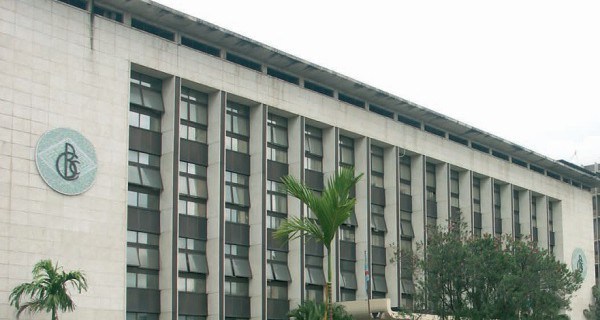Tech Diplomacy in Africa: Chip Politics, Supply Chains & Strategic Risk
Global chips hit USD 697B in 2025, with Taiwan holding 64% foundry share and exports at USD 165B. Africa imports 95%+ of chips, making South Africa’s alignment pivotal as China eyes a USD 100B fab push into emerging markets.

When Taiwan briefly imposed export curbs on 47 semiconductor items destined for South Africa, it wasn’t just a trade spat—it was a signal. Taipei’s move followed South Africa’s decision to downgrade its liaison office with Taiwan, a tilt toward Beijing, and attempted to use chip access as leverage. Within 48 hours, Taiwan suspended the restrictions—yet the episode exposed how semiconductors have become a tool of statecraft.
The semiconductor market is massive: global industry revenue was about USD 627 billion in 2024 and is projected to reach ~USD 697 billion in 2025, on a path toward over USD 1 trillion by 2030. (Ticker-relevant names: TSM for TSMC, NVDA for NVIDIA, AVGO for Broadcom) Taiwan’s sector is a linchpin: in 2024, its semiconductor exports hit USD 165 billion, and its foundry firms (led by TSMC) command over 60% of global foundry revenue, with TSMC itself holding around 64% market share in contract chipmaking. Taiwan also produces ~92% of the world’s advanced (<10 nm) chips.
In August 2025, Taiwan’s export orders surged 19.5% year-on-year to USD 60.02 billion, fueled largely by AI and telecom demand. That flow underscores how critical Taiwan remains in global tech supply chains.
Semiconductor Geopolitics & Africa’s Exposure (2025)
Interactive, mobile-ready, exportable| Dimension / Indicator | Data / Metrics (2024–2025) | Tickers / Strategic Implication | Details |
|---|
But African markets are now a front in this tech diplomacy. South Africa, as the continent’s most advanced industrial base, sources chips for telecoms, data centers, manufacturing, and more. A pre-approval regime would impose uncertainty and potential delays across those sectors. China responded swiftly—promising to step into the breach, supplying chips and expanding tech cooperation. That puts African states in a position to bargain over which chip power to align with.
This is not merely symbolic. Supply chain risk is real for global firms. If Taiwan’s actions expand, clients of chipmakers like TSMC (TSM), NVIDIA (NVDA), or Broadcom (AVGO) may face delays or forced rerouting. The cost of switching fabs or suppliers—even between Asia, U.S., and China—is nontrivial. Firms will reassess concentration risk, second-source buffers, and political risk premiums.
Yet overreaction would be unwise. The initial curbs were framed as limited, with a 60-day notice window, effectively enabling diplomacy and rollback. Taiwan stepped back quickly, likely recognizing the disruption risk in an already tight supply environment. The portion of Taiwanese chip exports going to Africa is small relative to its global output—so the direct volume impact would be marginal.
Still, geopolitical risk is now embedded in supply chains. For investors, the question becomes: which firms, trade corridors, and countries benefit or suffer? Does Beijing win an influence vector; or will the U.S. and allied chip diplomacy counterbalance it? Should African states lean into Chinese fabs or demand guarantees from U.S./Taiwan-aligned supply chains?
In summary: the South Africa curbs were a test—less of capacity, more of will. The chips are not just transistors—they are cards in the new diplomacy. For markets, tech supply chains will now carry embedded policy risk, and Africa may emerge as a contested zone in the global chip order.





